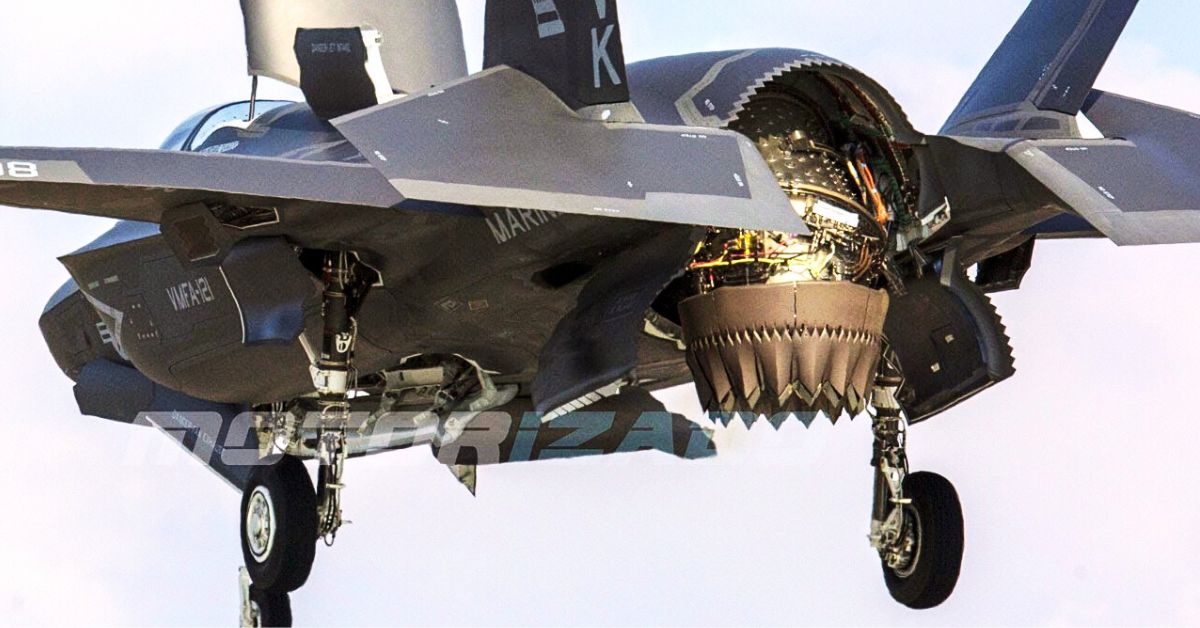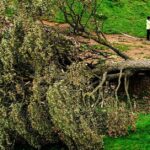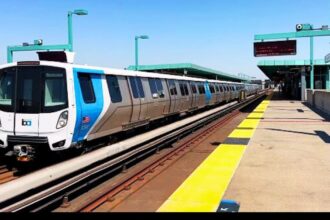Kadena Air Base, located on Okinawa Island in Japan, is the largest U.S. Air Force base in the Asia-Pacific region.
It plays a crucial role in supporting regional stability, force projection, and rapid response across the Indo-Pacific.
In this article, we explore its operations, strategic importance, infrastructure, and impact on local and global defense.
Read on to understand how Kadena Air Base contributes to global security.
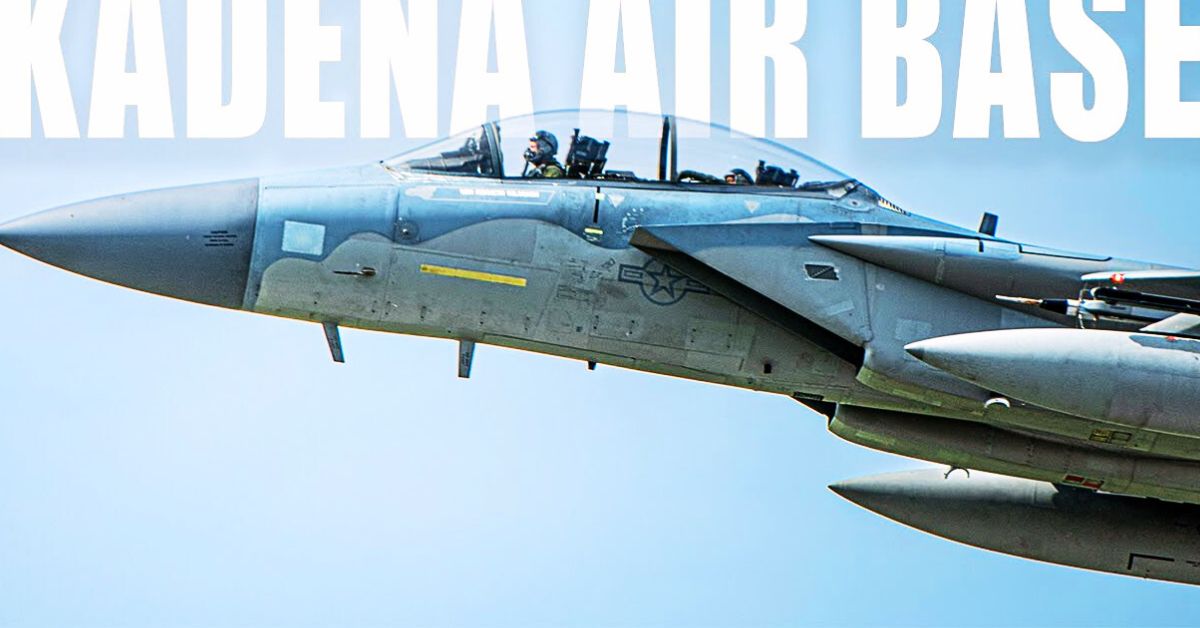
History of Kadena Air Base
Kadena Air Base was established in 1945 during World War II. U.S. forces constructed it after capturing Okinawa.
Originally used for fighter and bomber operations, the base quickly grew in importance during the Korean War.
Since then, Kadena has played a key role in every major U.S. military conflict in Asia.
Strategic Pacific Location
Its location on Okinawa offers a strategic advantage. The base lies within quick reach of Taiwan, Korea, and the South China Sea.
This makes it ideal for rapid deployment and emergency operations.
It also allows U.S. forces to maintain a forward presence in a volatile region.
Military Units Stationed Here
Kadena hosts several critical units. These include the 18th Wing, the largest combat wing in the Air Force.
The wing includes fighter squadrons, reconnaissance aircraft, and support units.
Other tenant units include Navy, Marine Corps, and Army elements.
Air Base Infrastructure and Facilities
Kadena features two 12,100-foot runways. These can accommodate the largest U.S. military aircraft.
The base also includes maintenance facilities, fuel storage, and advanced radar systems.
Its infrastructure supports daily flight operations and long-term deployments.
Role in U.S. Indo-Pacific Strategy
Kadena Air Base supports America’s Indo-Pacific strategy. It enables quick reaction to regional threats and humanitarian crises.
It acts as a launch pad for joint exercises, deterrence missions, and peacekeeping operations.
The base helps the U.S. maintain a free and open Indo-Pacific region.
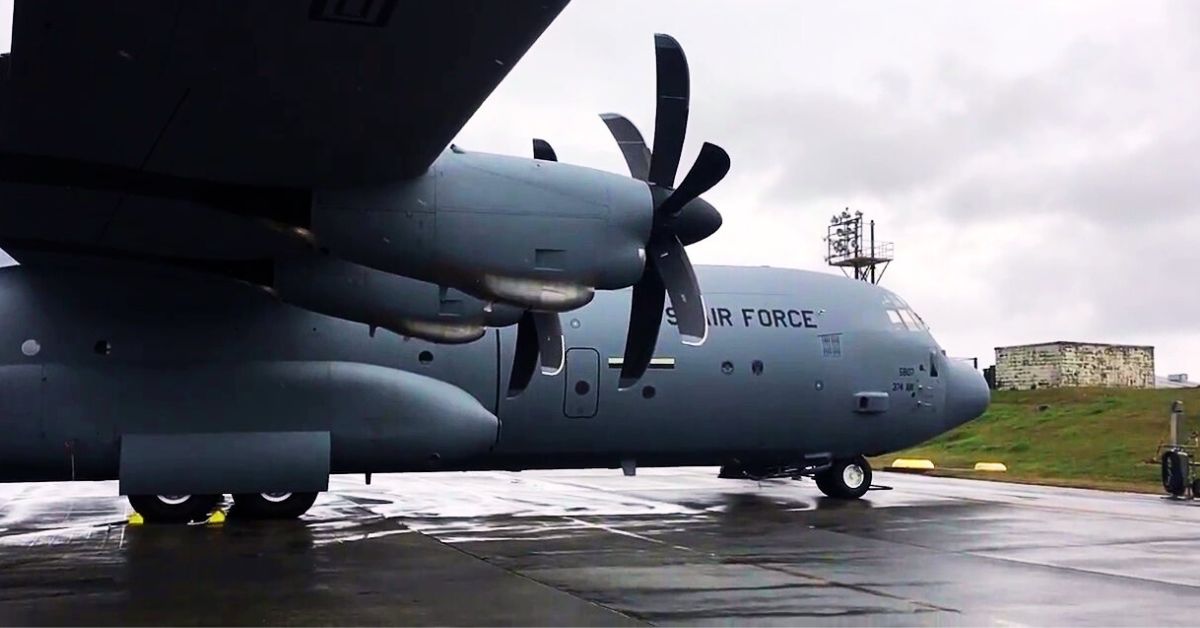
Training and Joint Operations
Frequent training exercises are held here. These include joint drills with Japanese Self-Defense Forces and other allies.
Exercises enhance readiness, interoperability, and crisis response skills.
Such training solidifies alliances and promotes regional stability.
Impact on Okinawa Community
Kadena has economic, social, and political effects on Okinawa.
It provides thousands of jobs and stimulates local businesses.
However, concerns over noise, safety, and land use have sparked debate.
Environmental Considerations
Environmental management is a priority. The base follows U.S. and Japanese environmental standards.
Programs are in place for waste management, water quality, and ecosystem protection.
Ongoing efforts aim to reduce the base’s environmental footprint.
Diplomatic Relations with Japan
Kadena plays a role in U.S.-Japan relations. The base symbolizes military cooperation between the two nations.
It also reflects ongoing negotiations about troop levels and shared responsibilities.
Tensions occasionally rise due to accidents or incidents involving personnel.
Future of Kadena Air Base
Modernization projects are underway. These include updated facilities, advanced tech, and strategic planning.
The future may see a more agile and tech-integrated base.
However, debates on troop presence and land use continue among locals and policymakers.
Why Kadena Still Matters
Kadena Air Base remains essential for U.S. global posture.
Its location, capabilities, and partnerships support peace and preparedness in a key region.
As global dynamics shift, Kadena’s role will likely grow in importance.
Conclusion: Kadena’s Enduring Value
Kadena Air Base stands as a cornerstone of U.S. defense in the Pacific. It supports regional balance, alliance commitments, and quick response.
By fostering partnerships, maintaining readiness, and adapting to change, Kadena ensures long-term strategic value.
Additional Keywords: Pacific defense strategy, U.S. military base Japan, Okinawa military presence, Indo-Pacific security, 18th Wing USAF, Japan-U.S. alliance, forward deployed forces, Asia-Pacific defense, strategic air base, regional military balance
External Sources:

